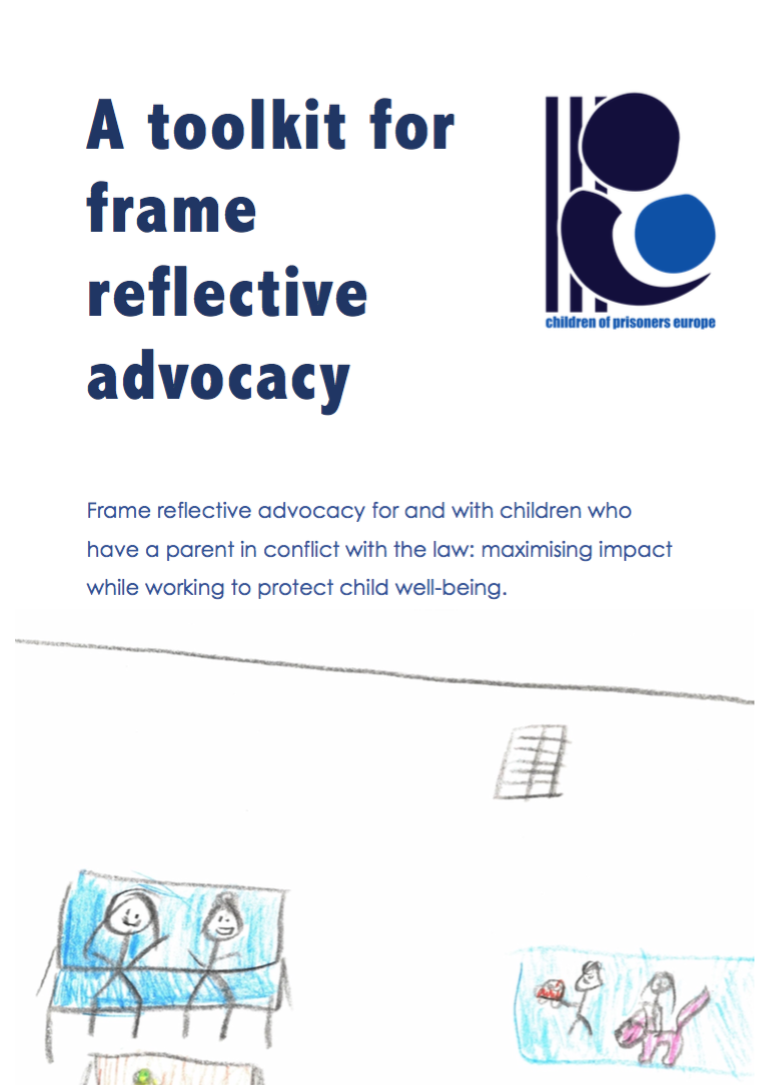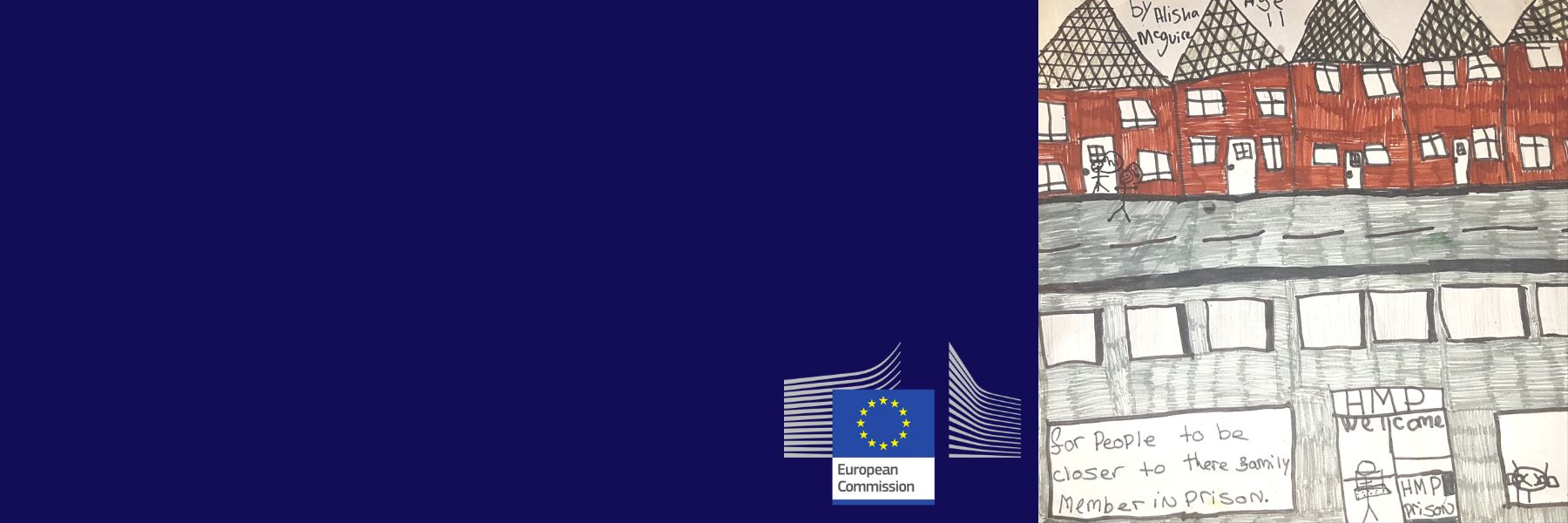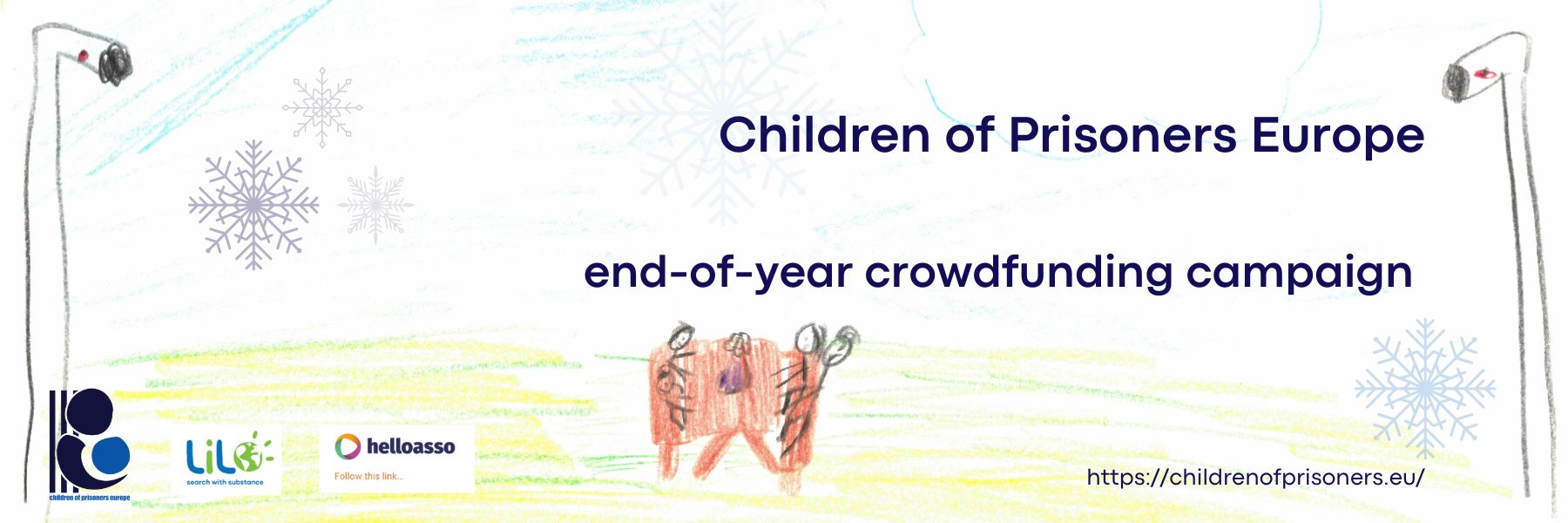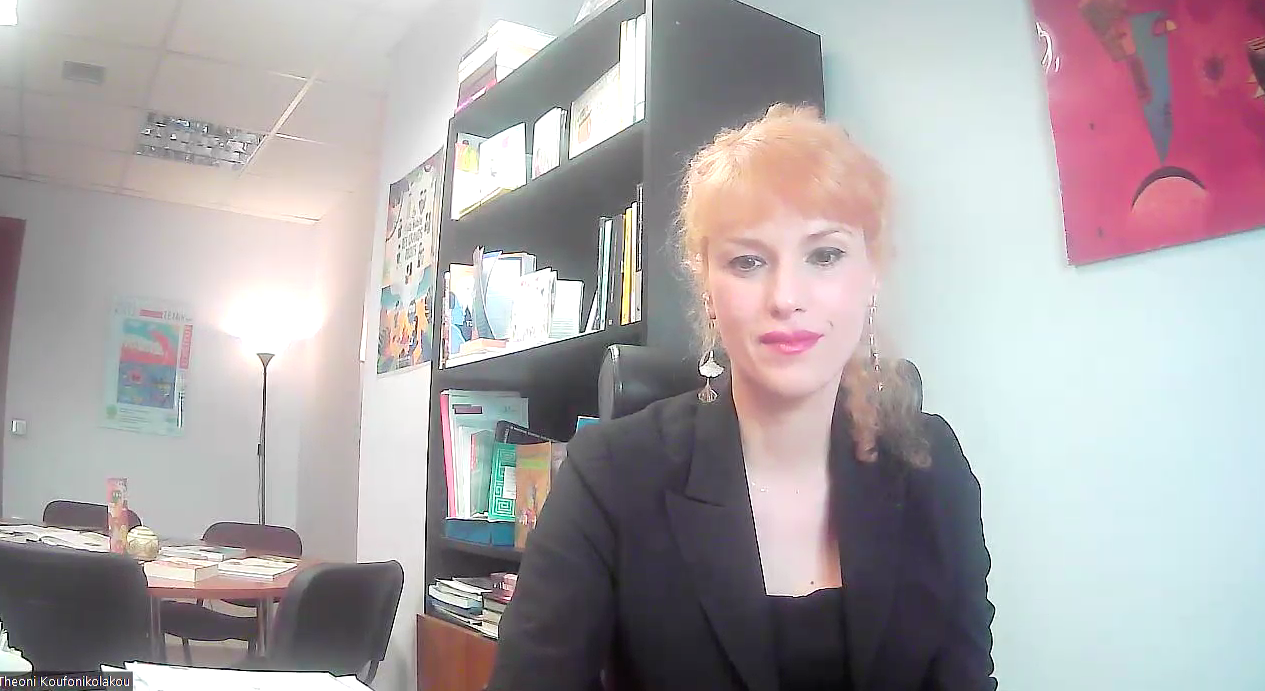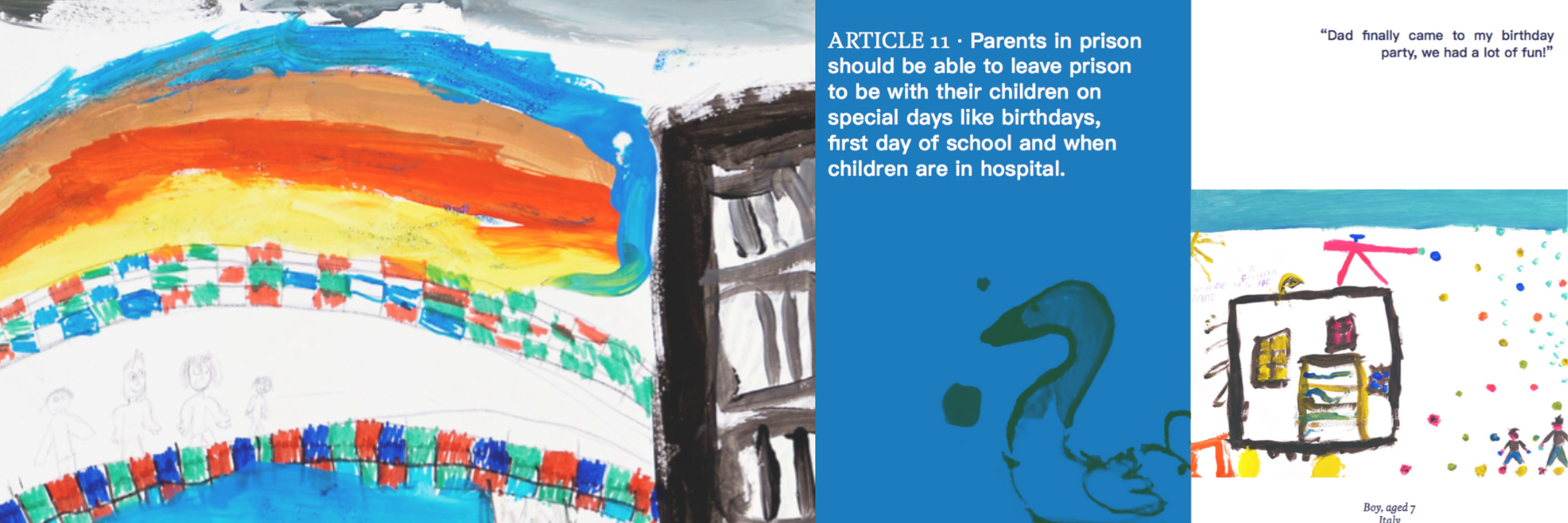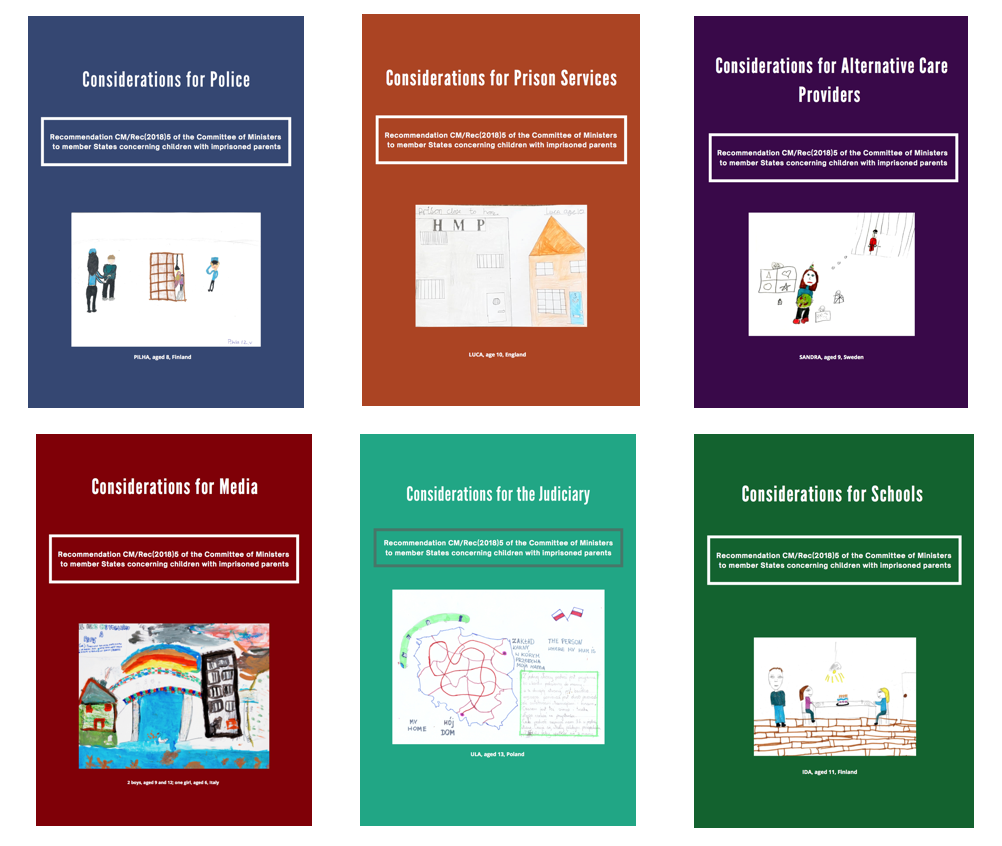COPE has produced a toolkit on frame reflective advocacy for and with children who have a parent in conflict with the law. This publication discusses how refining the ways in which sensitive, child-friendly language devoid of stigma or judgement can better protect and promote children’s agency and offers a series of tools and ideas for … Read More
Year: 2022
European Commission Recommendation related to detention conditions
On 8 December 2022, the European Commission adopted a Recommendation concerning the procedural rights of suspects and accused persons subject to pre-trial detention and on material detention conditions. The Recommendation expands on a number of standards established in existing legally and non-legally binding instruments on the national, Union and international level including Council of Europe … Read More
COPE end-of-year crowdfunding campaign
This December, COPE is taking the opportunity to launch a crowdfunding campaign. What do donations to COPE go towards? COPE’s overall mission is to safeguard the social, political and judicial inclusion of children with an imprisoned parent, while fostering the pursuit and exchange of knowledge which enhances good practices, and contributes to a better understanding … Read More
Greek Deputy Ombudswoman for Children’s Rights
According to Appendix 1 of the Council of Europe CM/Rec(2018)5, nearly 17,000 children in Greece are separated from a parent in prison (this figure is an extrapolation). Ms. Theoni Koufonikolakou, the Deputy Ombudswoman for Children’s Rights, Greece, calls for the implementation of the Council of Europe CM/Rec(2018)5 and expresses her commitment to protecting the rights and … Read More
Questionnaire for caregivers of children with a parent in conflict with the law
Children of Prisoners Europe (COPE) recognises the uniquely important – and challenging – role played by those who care for children when their parent is in prison. Whilst each family’s situation is different, many caregivers may face similar questions: what should I tell the children? How should I speak to the school? How do I respond to … Read More
‘Not my crime, still my sentence’ A kaleidoscope for change in the pandemic world
The COVID-19 pandemic has had dramatic effects on everyday life. Measures and restrictions to limit the spread of the virus have had a significant impact on children with a parent in prison. With the suspension of in-person visits in prisons and despite measures to facilitate the continuity of the child-parent relationship (notably video-calls), some children … Read More
COPE welcomes the enshrining of the rights of children with imprisoned parents by the UN Committee on the Rights of the Child
Children of Prisoners Europe welcomes the UN Committee on the Rights of the Child’s referencing of Council of Europe Recommendation CM/Rec(2018)5 enshrining the rights of children with incarcerated parents, as part of the Committee’s Concluding Observations on the combined fifth and sixth periodic reports of Germany, adopted at its ninety-first session (29 August—23 September 2022). … Read More
What I think, in images and words
The Council of Europe Recommendation CM/ Rec(2018)5 is landmark instrument that addresses the needs of children with imprisoned parents through fifty-six guidelines for good practice. As part of COPE’s 2020 ‘Not my crime, still my sentence’ campaign, COPE members shared a selection of these guidelines with children who were invited to choose one that they … Read More
Roundtable and Conference on judicial processes and partnering with judiciary
Krakow, Poland 22-23 September ‘The purpose of emphasising the duty of the sentencing court to acknowledge the interests of the children […] is not to permit errant parents unreasonably to avoid appropriate punishment. Rather, it is to protect the innocent children as much as is reasonably possible in the circumstances from avoidable harm’. — Justice … Read More
Advocacy Packs
COPE ‘Advocacy Packs’ can be used as starting points when initiating contact with the following stakeholders: prison services, alternative care providers, police and law enforcement officials, the media, the judiciary and schools.


